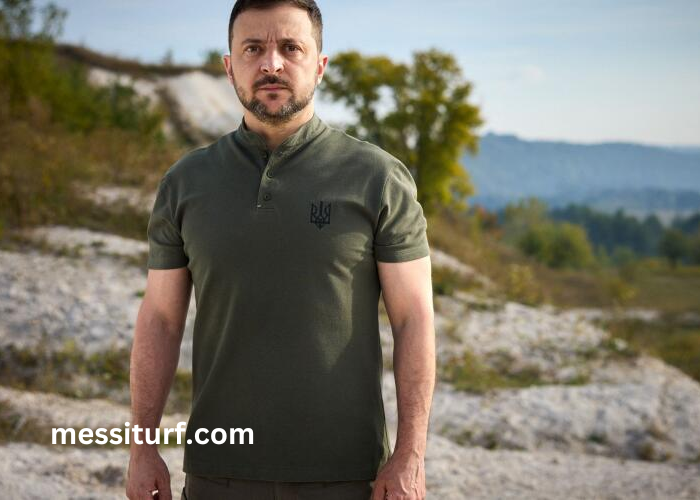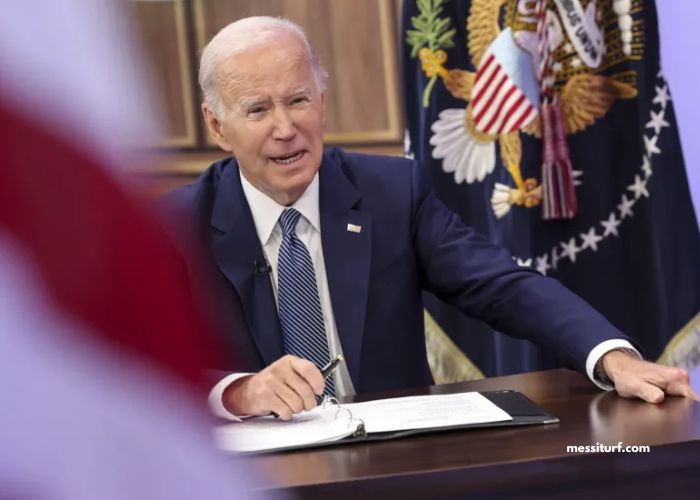The war in Ukraine, ongoing since 2014, has been a pivotal event in contemporary geopolitics, shaping global relations and affecting millions of lives. This article delves into the origins of the conflict, key events, international responses, humanitarian impact, and prospects for peace.
Origins and Background
The conflict in Ukraine began in early 2014, sparked by the Euromaidan protests in Kiev, which culminated in the ousting of then-President Viktor Yanukovych. The protests were driven by widespread discontent over Yanukovych’s decision to reject a trade deal with the European Union in favor of closer ties with Russia.
The situation escalated rapidly when Russia annexed Crimea in March 2014, citing historical and strategic reasons. This move was widely condemned by the international community, leading to sanctions against Russia.
Key Events and Developments
- Conflict in Eastern Ukraine: Following Crimea’s annexation, pro-Russian separatists in eastern Ukraine declared independence, leading to armed conflict with Ukrainian forces. Cities like Donetsk and Luhansk became focal points of intense fighting.
- Minsk Agreements: In 2014 and 2015, ceasefire agreements known as the Minsk Protocol and Minsk II were negotiated between Ukraine, Russia, and separatist leaders. However, these agreements have been violated repeatedly, with sporadic fighting continuing.
- Humanitarian Crisis: The conflict has resulted in a significant humanitarian crisis, with thousands killed and millions displaced internally or seeking refuge abroad. Human rights abuses and violations, including allegations of war crimes, have been reported by international organizations.
International Response and Diplomatic Efforts
- Sanctions: The international community, led by the European Union and the United States, imposed sanctions on Russia in response to its actions in Crimea and eastern Ukraine. These sanctions target key sectors of the Russian economy and individuals close to the Kremlin.
- Diplomatic Initiatives: Various diplomatic efforts, including talks mediated by the Organization for Security and Co-operation in Europe (OSCE) and direct negotiations between Ukraine, Russia, and separatist leaders, have aimed at achieving a peaceful resolution. However, progress has been limited.
- Military Support: Ukraine has received military assistance from Western countries, including non-lethal aid and training, to bolster its defense capabilities against separatist forces supported by Russia.
Humanitarian Impact and Challenges
- Displacement and Refugees: The conflict has displaced over 1.5 million people within Ukraine and forced more than 2.5 million to seek refuge in neighboring countries, particularly in Poland, Hungary, and Romania. The humanitarian response has been strained, with ongoing efforts to provide shelter, food, and medical aid to those affected.
- Economic Consequences: The war has devastated Ukraine’s economy, particularly in the conflict-affected regions. Infrastructure damage, disruption of industries, and loss of livelihoods have further exacerbated the humanitarian crisis.
Prospects for Peace and Future Outlook
- Ceasefire Efforts: Despite the challenges, there have been intermittent ceasefires and attempts to de-escalate tensions. However, achieving a lasting peace remains elusive, with deep-rooted political, ethnic, and ideological divisions complicating the situation.
- Role of International Community: Continued diplomatic engagement and pressure on all parties involved, including Russia, Ukraine, and separatist leaders, are crucial for advancing towards a sustainable peace agreement. Efforts to uphold international law and human rights standards remain paramount.
- Impact on Global Security: The conflict in Ukraine has broader implications for global security, influencing relations between major powers and shaping international norms on sovereignty and territorial integrity.
Conclusion
The war in Ukraine continues to be a complex and evolving crisis with profound implications for regional stability and global geopolitics. Understanding its origins, key events, humanitarian impact, and diplomatic efforts is essential for comprehending its significance on the world stage. As the international community strives to find a resolution, the hope for a peaceful and prosperous future for Ukraine and its people remains a critical priority.
This article aims to provide a comprehensive overview of the war in Ukraine, offering insights into its multifaceted dimensions and emphasizing the importance of international cooperation and humanitarian support in addressing this ongoing crisis.




